Resolution #460
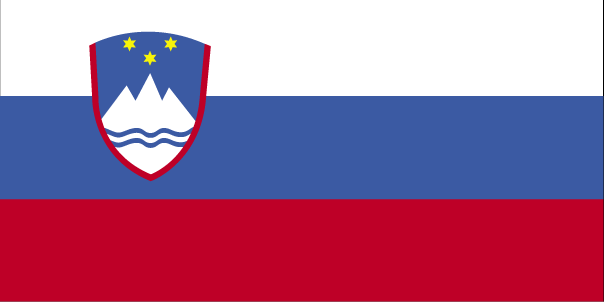 |
The question of measures to limit child poverty. |
| Committee: The Special Conference on Youth | |
| Main Submitter: Slovenia | |
| Submitted: 15/02/2025 14:37 |
| Status |
|---|
| Passed cosubmitter sheet validation |
| Approved by approval panel |
| Selected for debate by secretariat |
| Failed by committee (The Special Conference on Youth) |
Committee Voting
| For: | 7 |
| Against: | 34 |
| Abstentions: | 0 |
Options
Co-submitters
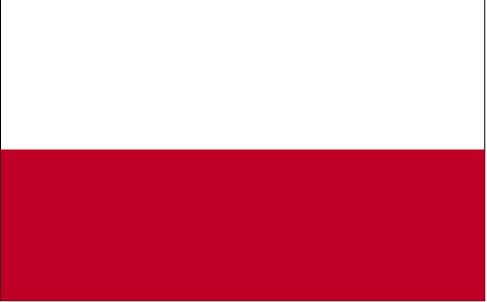 | Poland |
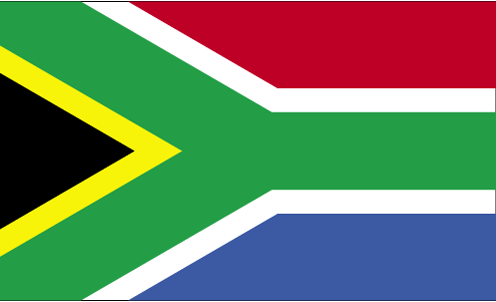 | South Africa |
 | Malta |
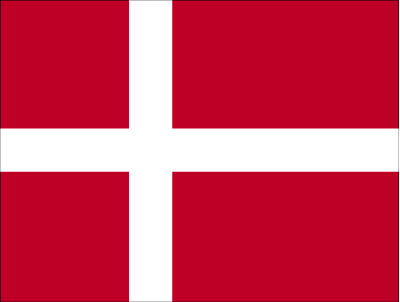 | Denmark |
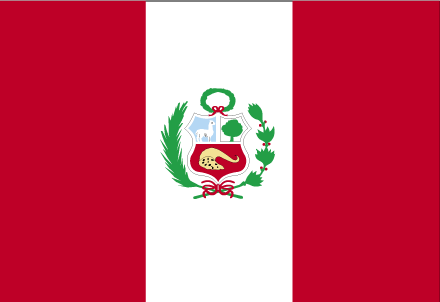 | Peru |
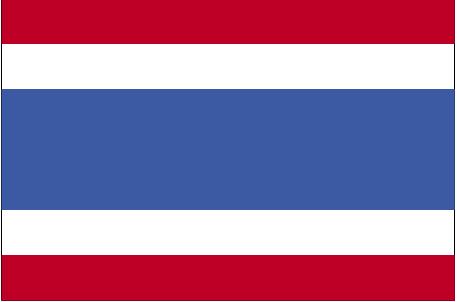 | Thailand |
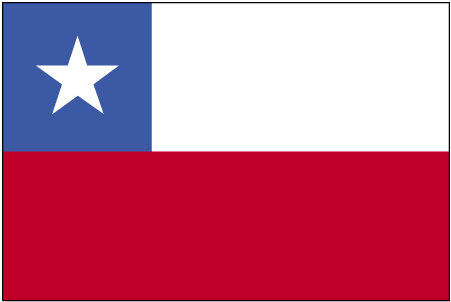 | Chile |
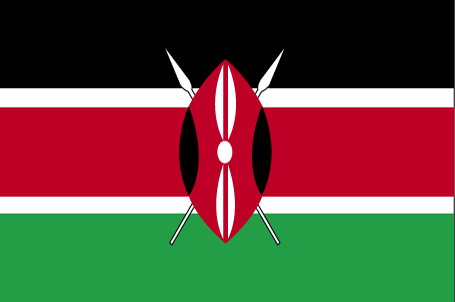 | Kenya |
 | Chile |
 | Belgium |
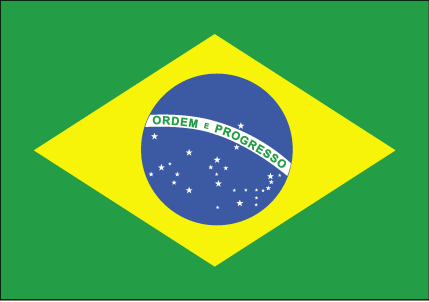 | Brazil |
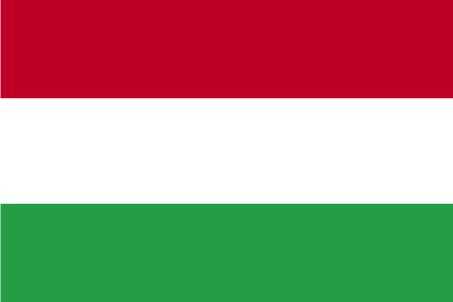 | Hungary |
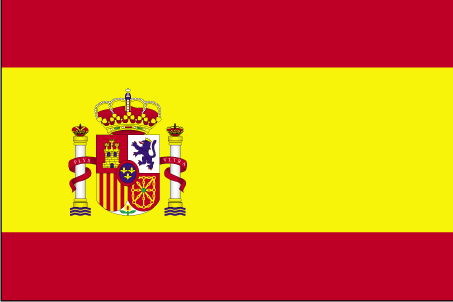 | Spain |
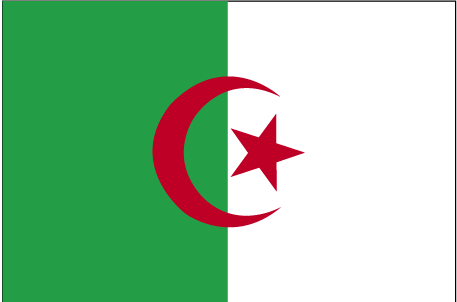 | Algeria |
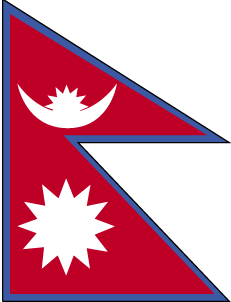 | Nepal |
Resolution
FORUM: Special Conference on Youth
QUESTION OF: Measures to Limit Child Poverty
MAIN SUBMITTER: Slovenia
CO-SUBMITTERS: Algeria, Belgium, Brazil, Chile, Denmark, The Kingdom of Denmark, Haiti, Hungary, Kenya, Malta, Nepal, Peru, Poland, The Republic of South Africa, Spain, Thailand
Recalling the resolutions 71/241 and 72/233, which reaffirm the global commitment to eradicating poverty,
Recalling further the World Programme of Action for Youth, adopted by the General Assembly in its resolutions 50/81,
THE SPECIAL CONFERENCE ON YOUTH,
-
Recommends member states to promote and expand financial and economic assistance to areas significantly affected by child poverty by:
-
increasing funding for existing government programs combating child poverty and its negative consequences such as;
-
child support grants
-
child protection policies
-
-
working with local and regional charities combating various causes of child poverty, including, but not limited to;
-
food banks
-
educational support organizations
-
emergency medical aid providers
-
disaster relief groups
-
-
the provision of incentives and tradable permits for producers and investors who allocate capital to sustainable, innovative, and socially impactful projects
-
partnering with large non-governmental organizations (NGOs) capable of supporting a large amount of need or strengthening ties with intergovernmental organizations (IGOs) such as UNICEF;
-
-
Calls for the establishment of a standardized income threshold system for social benefits, designed based on real living costs, including essential expenses related to social participation and labor market engagement, to ensure equitable access to financial support;
-
Calls upon all Member States to integrate innovative and sustainable measures into their national strategies for child poverty reduction by revising existing policy frameworks and ensuring increased government spending, such as, but not limited to:
-
the adoption of digital technologies to improve transparency and accountability in resource distribution, which shall include;
-
the establishment of secure digital archives (e.g. blockchain systems) for storing and verifying grant allocation and distribution
-
the implementation of real-time data verification protocols
-
-
the development of community centres that serve as hubs for education, healthcare, and entrepreneurship, which shall involve;
-
the creation of classes with computer labs and internet access
-
the establishment of dedicated spaces for primary healthcare services
-
-
incentivising the construction of schools to meet a minimum criteria of schools per geographic area in line with the populations demands according to the national curriculum
-
an increase in agricultural productivity and overall employment in both rural and urban areas
-
-
Requests the establishment of a Global Digital Education and Empowerment Platform aligned with UNICEF’s Digital Education Gateways initiative, to provide remote learning and technical training to children in impoverished areas, which shall feature:
-
A global database of open‑source educational resources that is continuously updated with best known practices and internationally relevant materials
-
The development of learning components that offer multilingual support, adaptive learning features, and accessibility for students with disabilities
-
Implementation of SDG:4 quality education, to allow equitable education for all
-
Educational workshops in schools that are free for all to motivate children and allow them to access proper education, aimed at motivating children and enhancing their access to quality education;
-
-
Further Calls forinternational funding from UN member states to work on guaranteeing healthcare access for children suffering from poverty, ensuring that:
-
Free healthcare services are made available to children living below the poverty line, especially in low-income and developing countries, where medical care is often unaffordable
-
Essential vaccinations, vitamins, and nutritional supplements will be supplied to malnourished children, prioritizing rural communities, as malnutrition significantly increases the risk of diseases
-
utilizing primary healthcare units (PCUs) to better serve the needs of low-income citizens
-
using school-based care to offer exams and checks in disadvantaged areas,
-
deploying mobile clinics to remote areas to ensure equitable care;
-
-
Encourages the establishment of free meal programs in schools for children who are unable to afford it through partnerships with local governments, Ministries of Social Affairs, and Health & Nutrition Departments;
-
Advocates for the development of a comprehensive strategy to address homelessness, incorporating measures to support individuals affected by the refugee crisis and introducing programs such as "Housing First" and social rental agencies to ensure stable living conditions for those in need;
-
Further requests the implementation of a UN designed structured program to combat energy poverty by providing targeted financial benefits and increasing investments in energy-efficient infrastructure, as part of a broader Social Climate Plan aimed at reducing living costs for low-income households;
-
Supports the formations or improvement of national employment programmes targeting long term unemployed and those on social assistance through measures such as but not limited to;
-
promotion of social economy programmes;
-
-
vocational training
-
job reintegration
-
initiatives to reduce dependency on government assistance;
-
Further calls for the full implementation of this resolution by late 2027, with possible changes to the timeframe to be decided through UNICEF and for all measures taken to be reviewed and adjusted by UNICEF at regular intervals over the course of its implementation and for the necessary length of time after that.